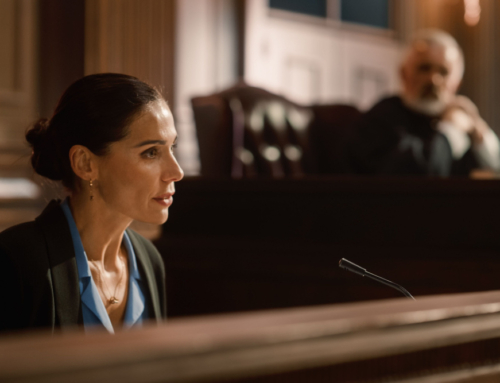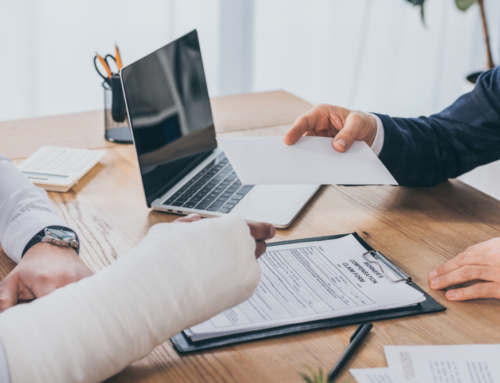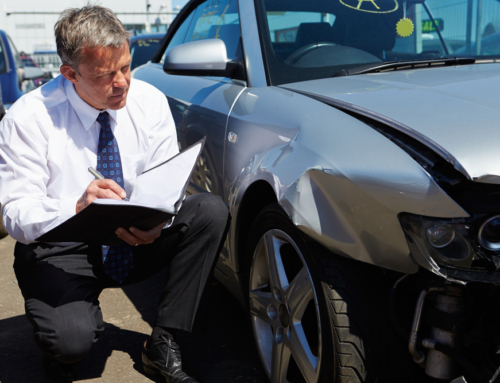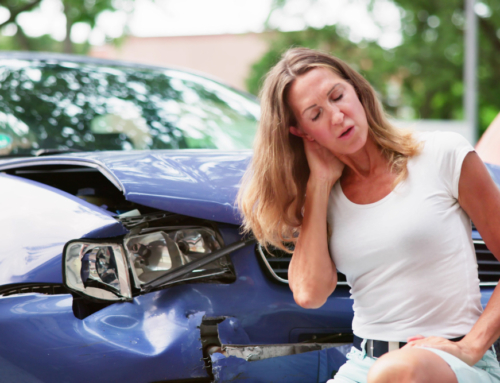Every year, many people sustain injuries due to a motorcycle passenger accident. Most of the time, this leads to a lot of hospital fees relating to recovery. According to the state’s highway department, authorities in Florida report over nine thousand motorcycle-related casualties every year.
The harmful effects of a motorcycle crash cannot be understated. Surgeons and doctors report that brain trauma is common in these types of incidents, often due to a lack of protection to the head.
In Florida, policies relating to compensating injured passengers operate differently than cases relating to single riders. Reparations may be demanded from multiple parties at hand, bringing justice to the passenger.
What are Florida’s laws for motorcycle passengers?
There is no doubt that there are risks associated with riding a motorcycle. These vehicles may be fast and efficient, but they are not as well-protected as a conventional car or van. Often, people neglect to wear a helmet to protect themselves from accidents. While this is a right that anyone can exercise, it leaves them prone to head injuries.
Unfortunately, in a court case, the passenger not wearing a helmet may not inspire confidence. The state of Florida does not mandate adults over 21 to wear a helmet if they have insurance policies that cover more than ten thousand dollars in injuries.
There is a law in the state that prohibits people from riding bikes meant for a single rider. While this is a precautionary measure against injuries, it has led people to be pickier about the types of vehicles they ride.
Florida law allows children to ride a motorcycle only if they are wearing a helmet. Considering how fragile children are, this upholds the safety and security of young people as they ride a bike. All motorcycles meant for two people must also have footrests installed to avoid the driver losing balance.
Surprisingly, there are no stipulations that ban motorcycle passengers from riding a motorcycle while intoxicated. Although not wise, people who ride a vehicle while drunk are not prohibited from doing so. Unfortunately, this will make it difficult for their lawyer to defend them. There is a possibility to be discredited based on causing distractions, not paying attention, and other similar reasons.
Who can be held liable for motorcycle passenger injuries in Florida?
These vary on a case-to-case basis. After all, no accident in Florida is precisely like another. However, there are common avenues to be explored in seeking accountability for the passenger’s injuries. The person who drove the motorcycle is the most common party, as they operated the vehicle.
If the case involves a separate vehicle, such as a car, van, truck, or another motorcycle, they may also be held liable. In some cases, they are the sole person that the complainant may seek reparations from. Additionally, the owner of the vehicle may be held responsible if they are different from the driver. Cases like these are attributed to the owner being “reckless” in deciding to lend the motorcycle.
The company that produced the motorcycle may also be liable if their products used defective parts, putting all passengers in danger. If alcohol was involved, the bar or establishment that served drinks to underage passengers is another party to consider. Lastly, insurance companies that fail to deliver the full extent of their client’s coverage may also be sued.
How does pursuing these liabilities work?
In Florida, the way to go when seeking coverage from the operator’s insurance plan is to prove that negligence occurred. In accidents where there were no other cars on the scene, claims are made against the driver only. The same goes for motorcycles that were fully functioning and had no defects before the accident.
Proving negligence involves providing evidence that the driver was careless during the ride and that their actions caused the passenger’s injuries. Speeding is a common occurrence, as well as other traffic violations like beating the red light.
In cases where there were other drivers involved, one or both of them may be held liable. The defendants may share responsibility, as pinpointing one of them solely at fault can be problematic or hard to achieve.
Motorcycles that are defective mean that the manufacturing company may be sued. In this case, parts such as the brakes, wheels, internal systems, and poor design can be attributed to the accident.
Despite the variety of factors at play, passengers in motorcycle accidents deserve guidance. Like any other citizen of Florida, the state must uphold its rights. It is essential for people to know their rights as community members, especially when involved in any legal matter.








